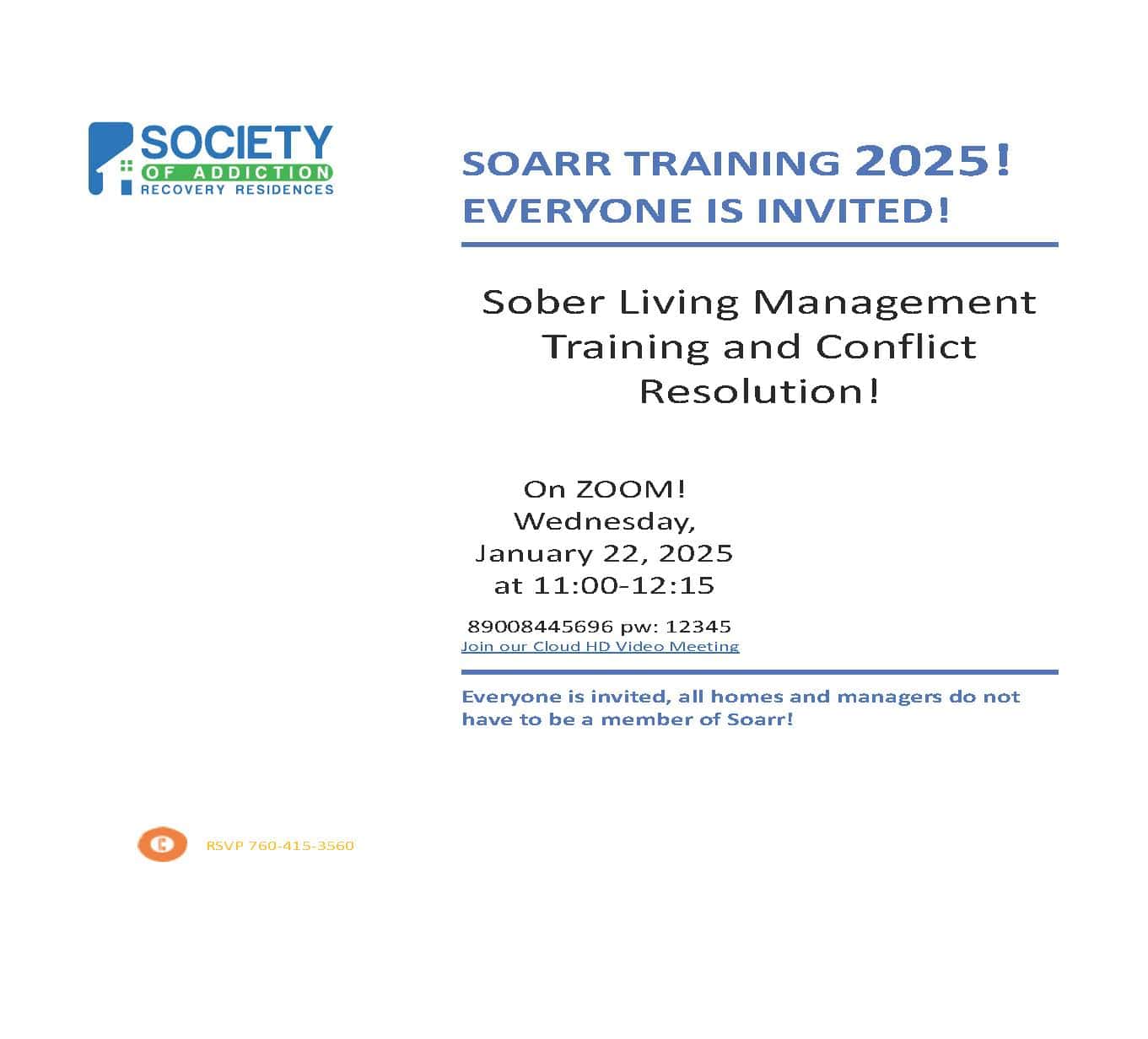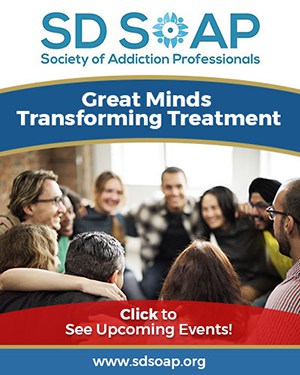Many assessment tools are used by treatment professionals to help a person first get sober from opioids. People working in addiction recovery use tools like the Clinical Opioid Withdrawal Scale to determine the appropriate treatment plan for patients. The scale can help decide the dosage of Medicated-Assisted Treatment for people experiencing withdrawal.
Other assessment tools are used to learn more about a person’s day-to-day drug use, addiction triggers, and other vital information to help their recovery.
COWS as an Assessment Tool for OUD
The most commonly used opioid withdrawal scale is the Clinical Opiate Withdrawal Scale (COWS). The COWS scale is a ten-item scoring system that helps measure withdrawal symptoms’ severity on a scale from zero to five. The scale can help healthcare professionals measure the intensity of withdrawal symptoms and help ease them with medications.
The ten items on the COWS scale evaluate vital signs, sweating, restlessness, pupil size, gastrointestinal symptoms, tremors, muscle aches, yawning, anxiety, or irritability.
The COWS scale is widely used because it is reliable, valid, and easy to administer. Healthcare professionals can quickly and easily assess the severity of withdrawal symptoms. Systems like the COWS scale can help professionals determine the most appropriate treatment and management plan for their patients.
With Medication-Assisted Treatment, the scale can be used to choose dosage for beginning treatment. The COWS scale allows addiction treatments to monitor a person’s withdrawal and to adjust their treatment plan accordingly.
Other Science-Backed Assessment Tools for Substance Use Disorders
Several other science-backed tools can help assess addiction. Some of these tools are for specific substances such as alcohol, but most can be modified to help evaluate a person’s addiction to opioids. They include:
- Addiction Severity Index (ASI): The ASI is a comprehensive assessment tool that measures the severity of addiction and its impact on various aspects of an individual’s life, such as relationships, employment, and legal issues. It assesses drug and alcohol use and other problem areas related to addiction.
- Drug Abuse Screening Test (DAST): The DAST is a self-report questionnaire that assesses drug use and related problems. It consists of 20 items that measure various aspects of drug use, such as frequency, consequences, and dependence. People who use this assessment may minimize their drug and alcohol use.
- Substance Use Risk Profile Scale (SURPS): The SURPS is a self-report questionnaire that assesses an individual’s risk of developing substance use disorders. It measures various personality traits associated with substance use, such as impulsivity and thrill-seeking behavior—for example, behaviors such as speeding or shoplifting.
- Brief Intervention and Referral to Treatment (BIRT): BIRT is an approach that is used to assess and intervene with people who have substance use disorders. The process begins with a brief substance use assessment and an intervention tailored to the individual’s needs. This can help open the door to recovery options if they need treatment.
These tools are validated and reliable; healthcare professionals can use them to assess addiction and develop appropriate treatment plans. These tools, by themselves, are just one small part of beginning the recovery process. They should be part of a comprehensive assessment considering the individual’s medical history, mental health, and other clinical information.
Withdrawal Scores and Scales Are Just One Type of Tool
These scales are not definitive tools for diagnosing opioid use disorder or the accompanying withdrawal symptoms. When diagnosing, healthcare professionals usually consider the client’s medical history, physical exam, mental health history, and other clinical information. Many people find that Medication-Assisted Treatment is also an important sobriety tool.
Education on the nature of addiction, peer support groups, and one-on-one therapy can help a person learn vital coping skills to help them achieve long-term sobriety.
About SOARR
SOARR has helped set standards in California for sober living homes. We’re here to offer professional growth and help create better outcomes for all our clients. Learn more about us and our programs by visiting our sober home directory.





